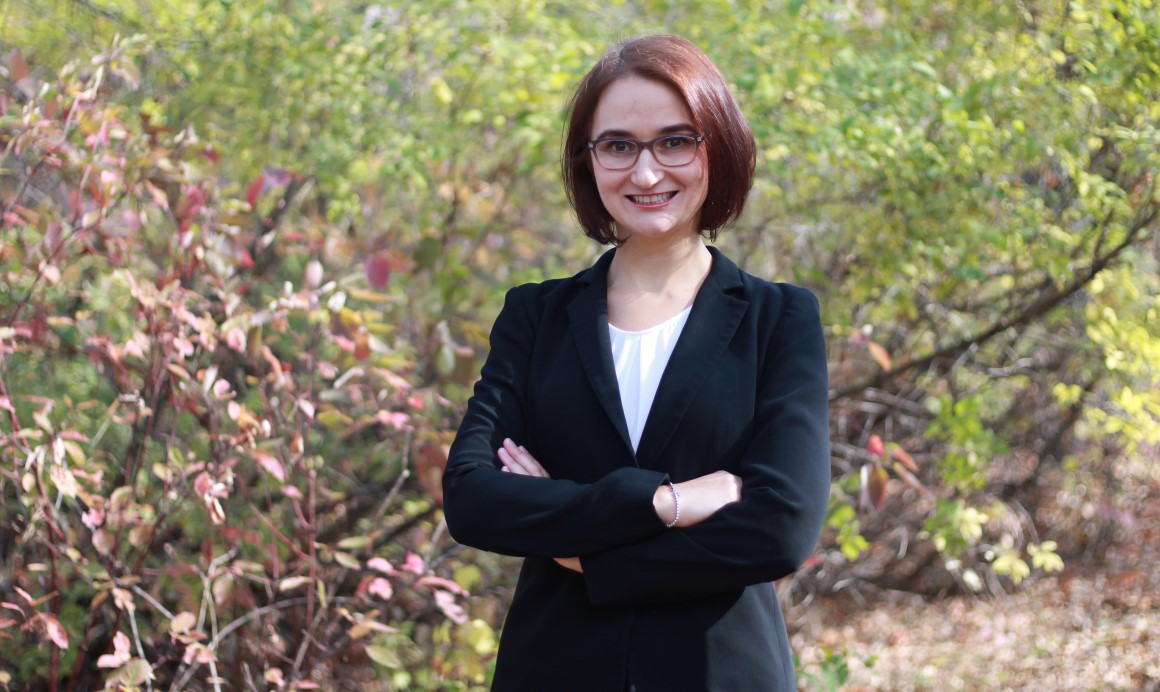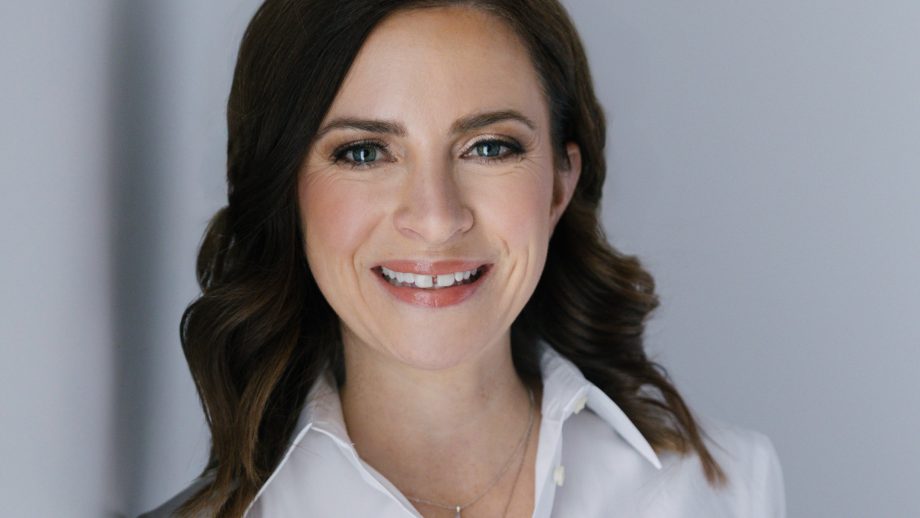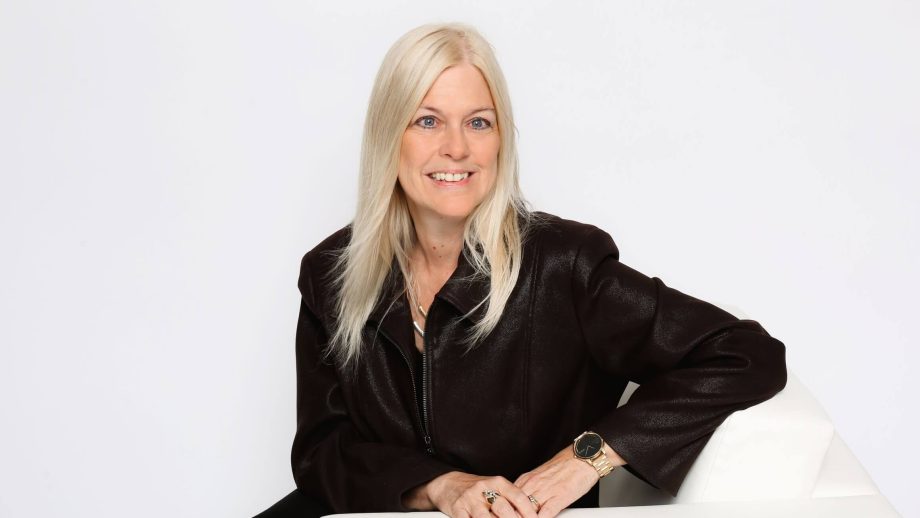A new study by University of Winnipeg consumer behaviour expert Dr. Olya Bryksina examines how an individual’s body size impacts the way they are perceived by others.
According to How Body Size Cues Judgements on Person-Perception Dimensions, which recently published in Social Psychological and Personality Science journal, thinner individuals are often perceived as more competent, and heavier people as more warm.
Appearance cues have much broader implications than people are used to thinking.
Dr. Olya Bryksina
This research comes under the umbrella of a larger body of research being conducted by Bryksina, along with Dr. Luming Wang from UManitoba. They have spent the past six years examining how body size leads to evaluation by others and what motivates it.
“In social psychology and a lot of marketing research, thinness is used interchangeably with beauty,” said Bryksina. “You read these articles and it’s always thin equals beautiful. But first of all, not to everyone. And second, there are much broader implications on how people are perceived based on their body size.”
After discovering their shared interest in the subject, Bryksina and Wang began reviewing literature on social perception, building their study around the established framework of how warmth and competence characterize social judgement.
“People judge other people primarily on these two dimensions: warmth and competence,” said Bryksina. “They are universal with cultures around the world, so we decided to test whether a person’s body size influences how people are evaluated on these two social dimensions.”
Multiple experiments demonstrated that thinner people are evaluated as more competent than their heavier counterparts, while heavier people are evaluated as more warm. According to Bryksina, thinness signals the ability to exercise self-control and a larger body size signals greater emotional expressiveness.
“Interestingly, this holds true for men or women, it is not gendered,” she said. “This is not just about femininity and beauty. Women don’t evaluate men differently. A lot of effects are socially constructed because of gender, but this one is not.”
Bryksina hopes that being equipped with this knowledge will help ensure people don’t fall prey to bias.
“My hope is to broaden people’s minds and views as to how appearance cues have much broader implications than people are used to thinking.” she said. “I strongly believe thin people can be warm and heavier people can be competent. But it is not about actual attributes. It is about perception.”
Once people understand these perceptions are there, she hopes they will be inspired to re-evaluate how they see others.
“The good news is, once we are aware of bias, we are actually pretty good at correcting it,” she said.
If you have a UWinnipeg library card, you can view the article online through Libproxy.





